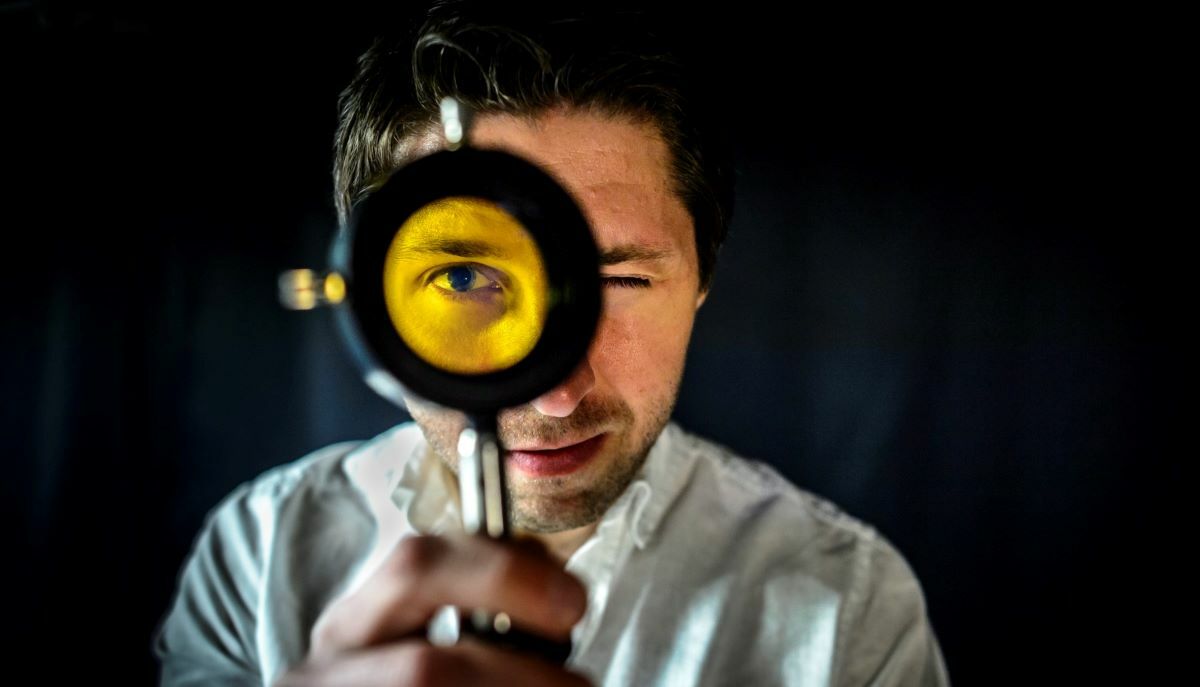Associate researcher in cardiovascular disease modeling - Hiring in process/Finished, not possible to apply
This advert is not available!
Faculty of Medicine, Department of Experimental Medical Science
Lund University was founded in 1666 and is repeatedly ranked among the world’s top universities. The University has around 47 000 students and more than 8 800 staff based in Lund, Helsingborg and Malmö. We are united in our efforts to understand, explain and improve our world and the human condition.
Lund University welcomes applicants with diverse backgrounds and experiences. We regard gender equality and diversity as a strength and an asset.
Description of the workplace
The research group for "Vascular Biology" conducts research in sphingosine-1-phosphate signaling during cardiovascular diseases. The group is led by Anja Meissner and consists of researchers and a student. The operation is located at the Biomedical Center in Lund. Here you can read more about our exciting research: Vascular Biology — Lund University
We offer
Within the research group, we promote a good working environment built on respect and consideration for each other. To expand our team, we are looking for a researcher to work on sphingosine-1-phosphate signaling during cardiovascular disease. The employment is 100% full time with the desired starting date is 01.01.2024 or by agreement.
Lund University is a public authority which means that employees get particular benefits, generous annual leave and an advantageous occupational pension scheme.
Read more on the University website about being a Lund University employee Work at Lund University | Lund University
Work duties and areas of responsibility
The candidate is responsible for the investigation of cellular signaling pathways and pathophysiological mechanisms, underlying pathogenic changes in the brain during cardiovascular diseases (e.g., hypertension, heart failure and sylipidemia). To identify potential target structures for new therapies, a variety of in vivo and ex vivo methods are used.
Your duties mainly include:
- Independent execution of research projects in the field of cardiovascular research with focus on neurological impairment (especially in hypertension, heart failure),
- in vivo work in mouse models (incl. surgical induction of heart failure, osmotic pump implantation, various treatment routines),
- in vivo imaging using MRI techniques and independent analyses of MR images,
- behavioral analysis (neurological tests, cognitive tests incl. NOR etc.),
- molecular, histological and immunological experiments in tissue from mouse models and humans,
- S1P-based mass spectrometry,
- in vitro experiments involving a set of molecular, histological and immunological techniques.
Qualifications
Requirements for employment are:
- University degree (MSc) in biochemistry, molecular medicine, biomedicine or related.
- PhD in the field of biomedicine, molecular medicine, biochemistry, physiology or related.
- Previous practical experience in the work with research animals (especially with genetically modified models and mouse models of heart or brain diseases - specifically with models of hypertension, heart failure).
- Proven experience in performing microsurgical procedures in vivo (e.g., occlusion of small cardiac blood vessels of mice (e.g., coronary artery ligation) and ex vivo isolation of small blood vessels, and blood vessel tissue fractionation.
- Previous practical experience with behavioral testing and analysis (neurological tests, cognitive tests, etc.) of small research animals (i.e., mice).
- Previous experience with confocal microscopy, live cell images, in vivo imaging methods (MRI techniques).
- Proven experience with S1P signaling (e.g., with mass spectrometry analysis of S1P in plasma and tissue)
- Knowledge in research on cardiovascular diseases (especially in hypertension, heart failure).
- Knowledge of and previous practical experience with flow cytometry.
- Knowledge and proven ability to independently perform extensive ex vivo and in vitro experiments and analyses (incl. various protein purification methods).
- Good English skills (writing and writing)
Great emphasis will be put on personal suitability such as willingness to cooperate and team spirit.
Desired qualifications for the position are:
- Knowledge of and previous practical experience with standard light field and fluorescence microscopy techniques and histology.
- Previous practical experience with techniques such as Western blotting, qPCR, ELISA, immunofluorescence, immunohistochemistry and cell culture.
- Previous experience working with neurons, astrocytes or microglia as well as immune cells in vivo and/or ex vivo and isolation of these cell types (e.g., practical experience in the work with cell isolation from tissue and with primary cell and/or tissue cultures).
- Practical knowledge in the field of lipid / sphingolipid analysis and their extraction from complex tissue.
- Proven practical experience of working with human tissue.
- Collaborative thinking and team spirit.
- Flexibility (e.g., project-specific mobility required between Germany and Sweden)
Further information
The position is a fixed term position for one year at 100 per cent of full time and starting in January 2024 or by agreement.
How to apply
Applications are to be submitted via the University’s recruitment system. The application is to/should include a personal letter justifying your interest in the position and how it matches your qualifications. The application should also include a CV, degree certificates or equivalent and any other document to which you would like to draw attention (copies of grade transcripts, details of referees, letters of recommendation, etc.).
| Type of employment | Special fixed-term employment |
|---|---|
| Contract type | Full time |
| Salary | Monthly salary |
| Number of positions | 1 |
| Full-time equivalent | 100 |
| City | Lund |
| County | Skåne län |
| Country | Sweden |
| Reference number | PA2023/3142 |
| Contact |
|
| Union representative |
|
| Published | 16.Oct.2023 |
| Last application date | 30.Oct.2023 |

